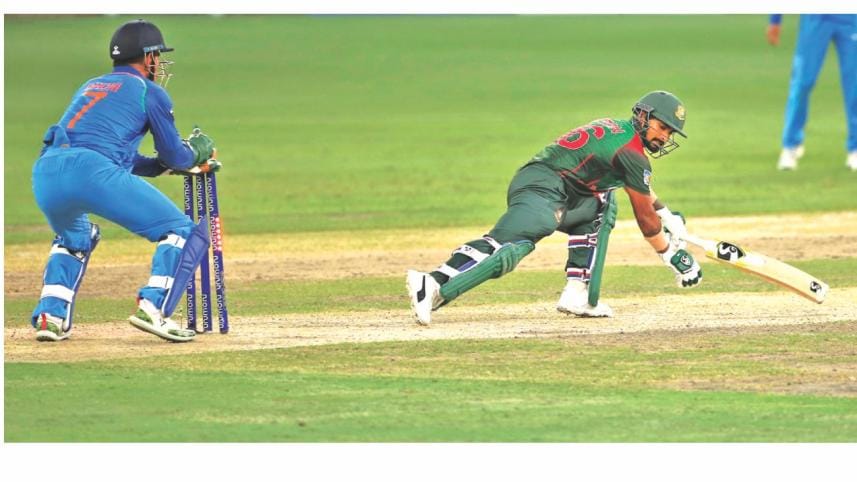'Out or not, it is hard to tell'

There has been a lot of debate on social media and elsewhere regarding Liton Das's stumping by Mahendra Singh Dhoni in Friday's Asia Cup final. The decision was very close, as multiple angles of the sequence showed, before the third umpire finally ruled in favour of India. Here is what Bangladesh captain Mashrafe Bin Mortaza had to say about this: "It is hard to tell. At one point we felt it was not out. I think the third umpire can say it better. Maybe it will be discussed later."



 For all latest news, follow The Daily Star's Google News channel.
For all latest news, follow The Daily Star's Google News channel.
Comments